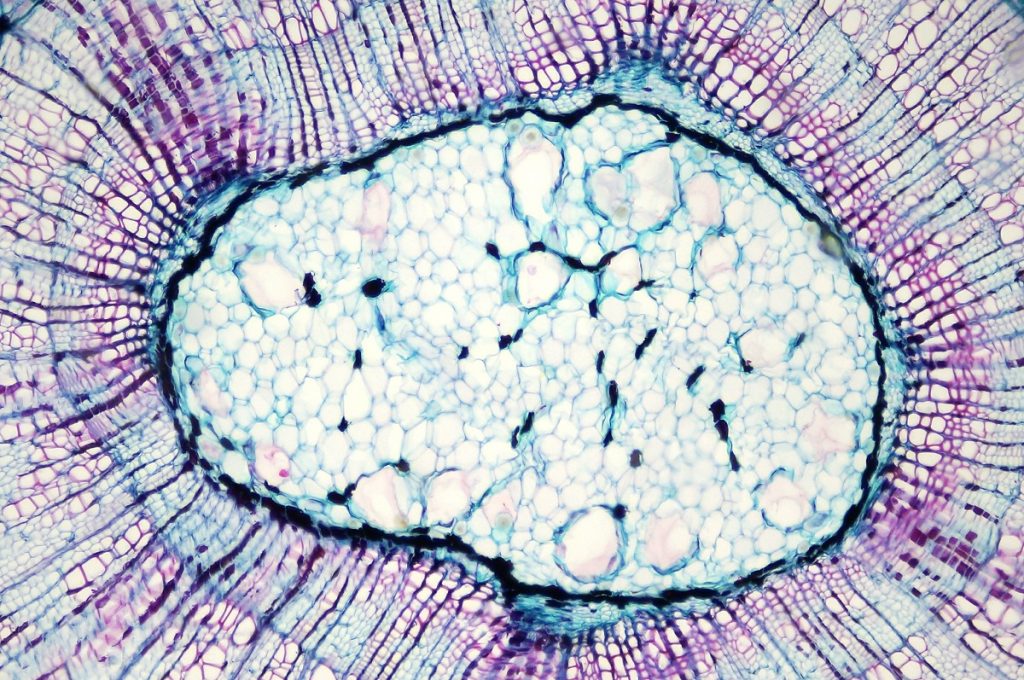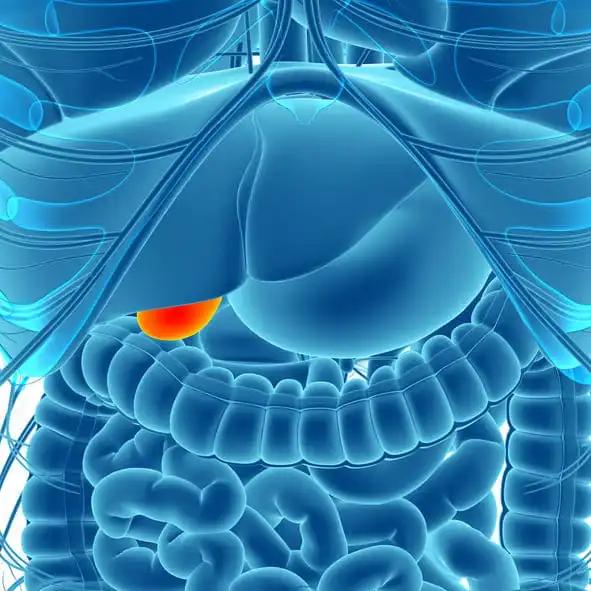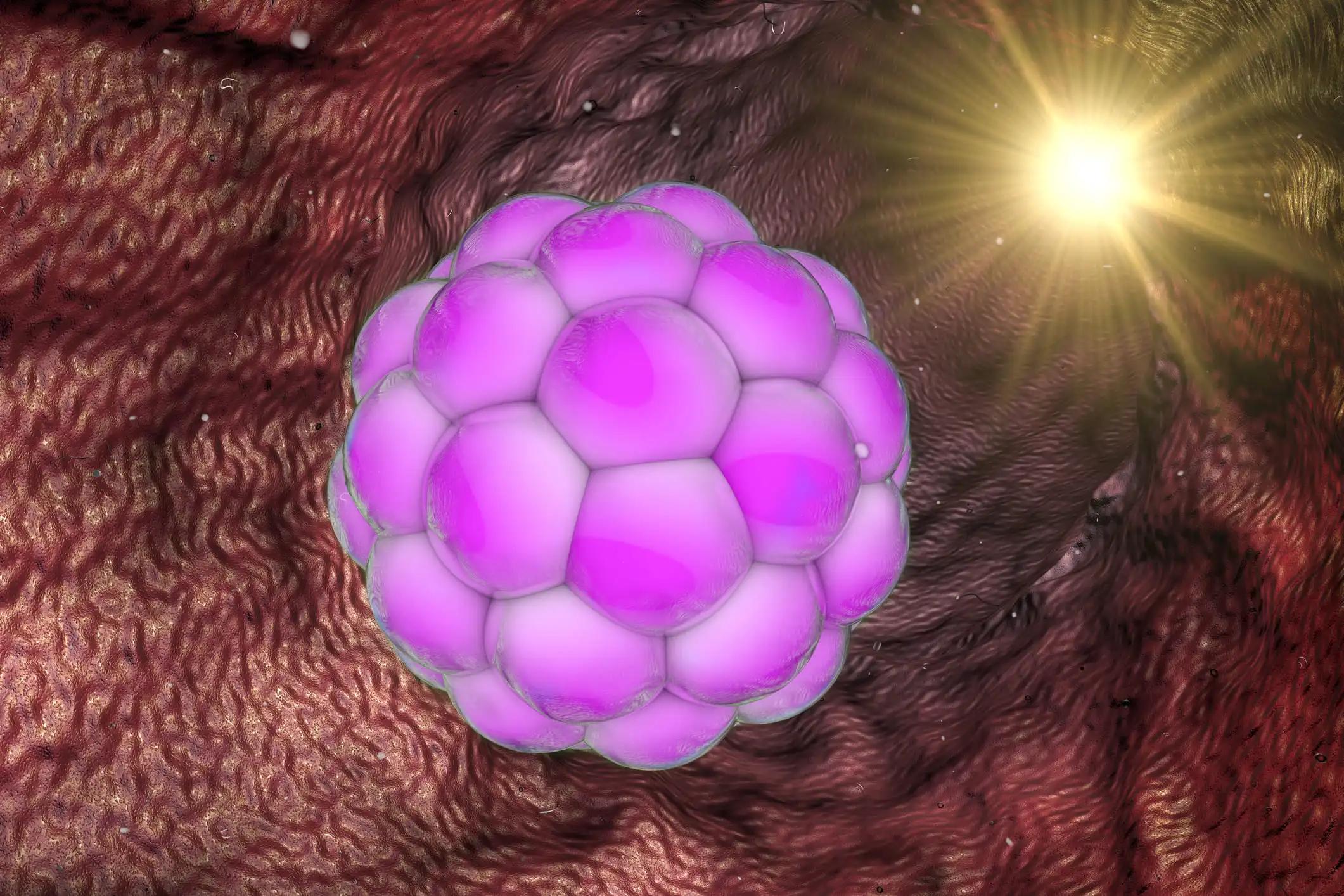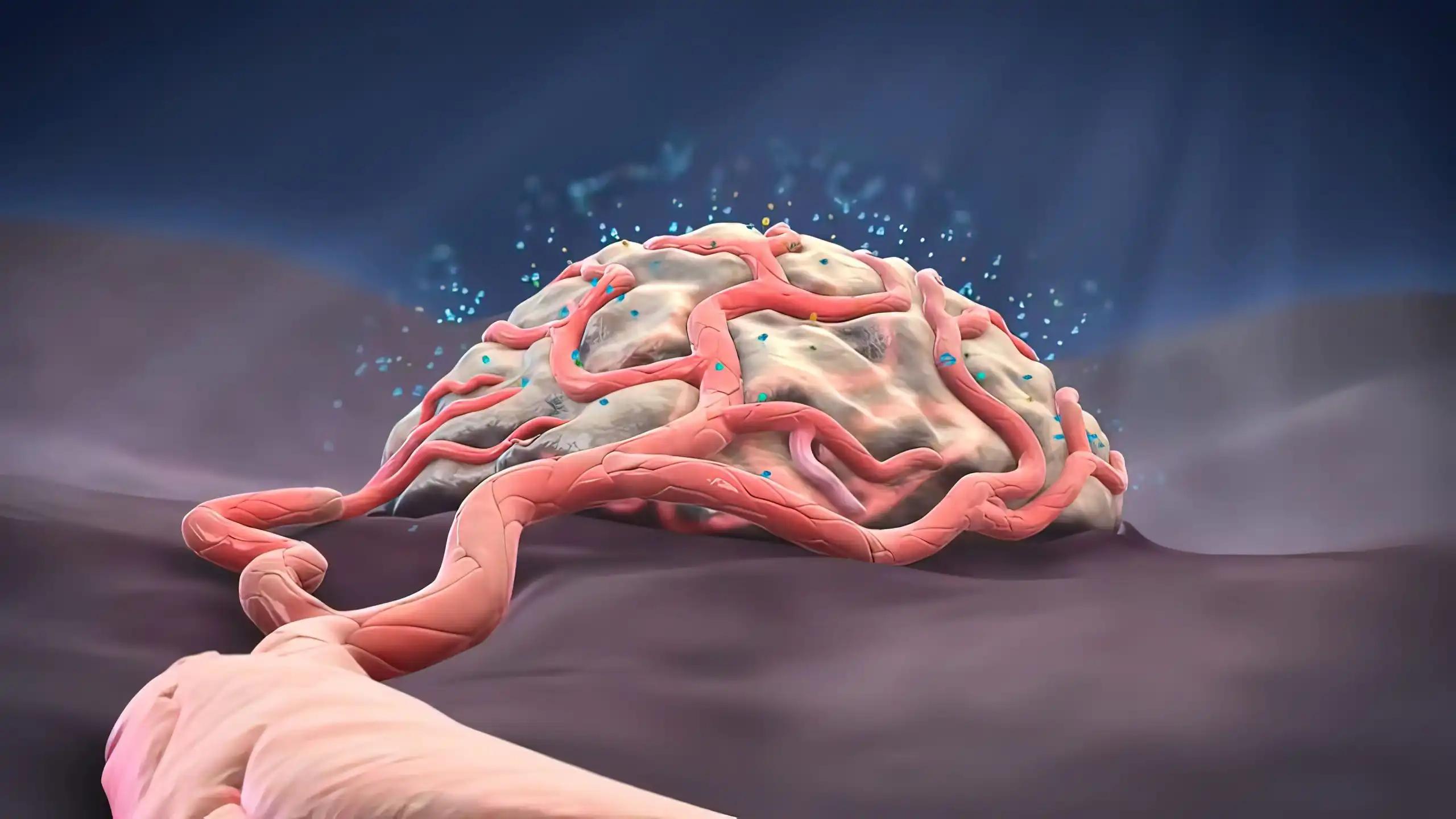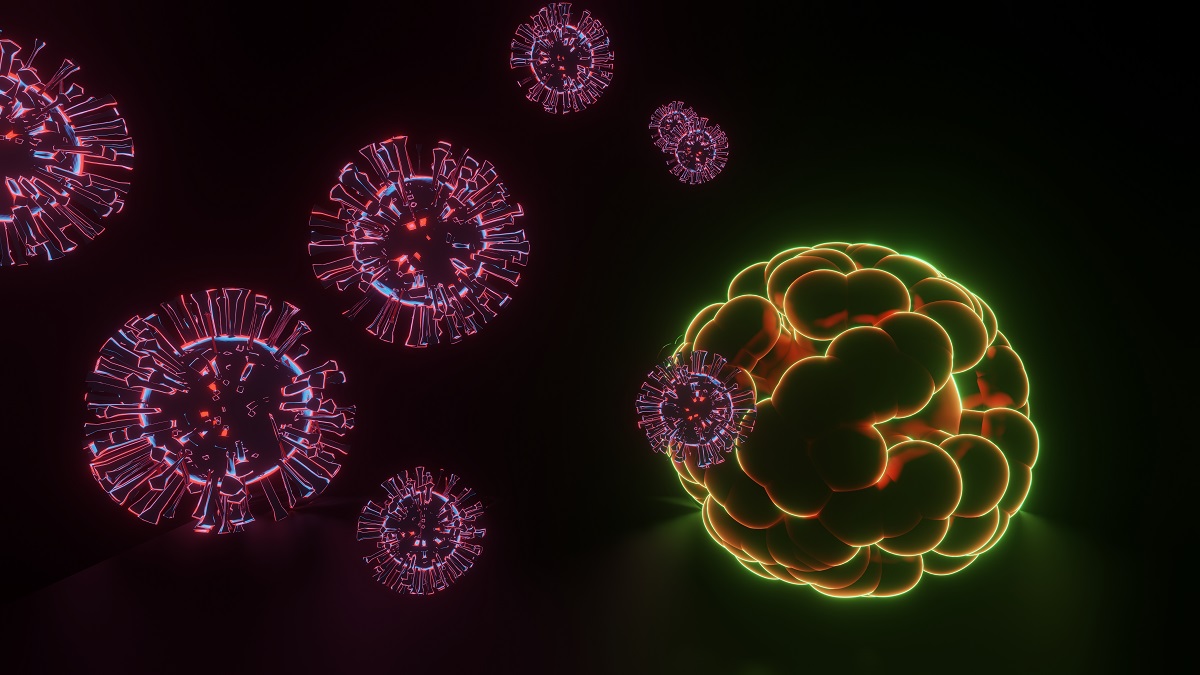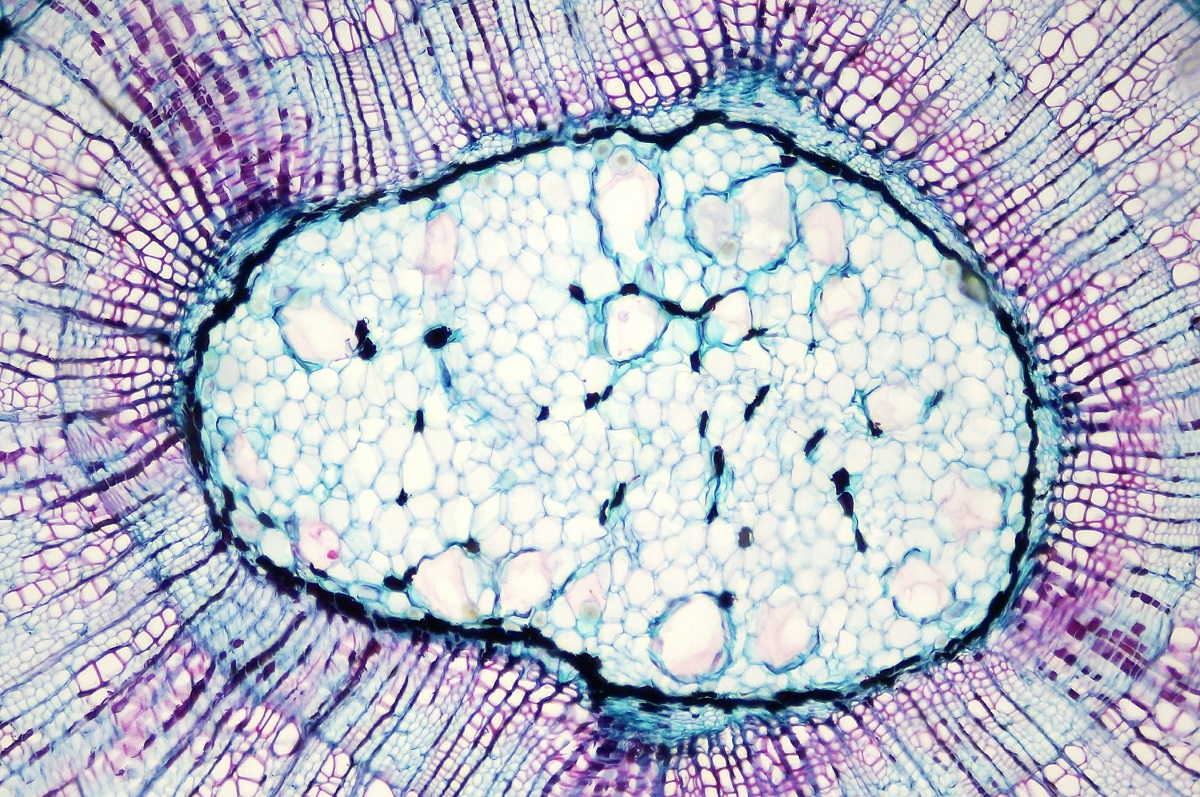Head & Neck Cancer
Relevant Articles About Research and Clinical Trials in Head & Neck Cancer
Stories to Watch
No Results Found
The posts you requested could not be found. Try changing your module settings or create some new posts.
LATEST
Sign up for our emails
Trusted insights straight to your inbox and get the latest updates from OncWeekly
Newsletter
Prognostic Value of Serum Fibronectin in NMIBC on BCG Therapy
KEY TAKEAWAYS The study aimed to assess serum fibronectin and gene polymorphisms as predictors of recurrence and treatment response in patients with NMIBC on BCG therapy. Researchers found elevated serum fibronectin predicts early recurrence in NMIBC but not BCG...
Meta-analysis of Global GIM Prevalence
KEY TAKEAWAYS The study aimed to estimate the global prevalence of GIM through a systematic review and meta-analysis. The results showed the global prevalence of GIM is high, requiring further investigation and attention. Sara Soroorikia and the team aimed to...
Low CD247 and CD4 Expression Predicts Poor TNBC Prognosis
KEY TAKEAWAYS The study aimed to investigate the role of CD247 and CD4 expression in TNBC prognosis. The results showed low CD247 and CD4 expression predicts poor outcomes in patients with TNBC. Ankit Pateriya and the team aimed to evaluate the prognostic...
Xevinapant Safety With Cisplatin QW + RT in Unresected LA SCCHN
The HyperlynX phase I trial aimed to assess the safety and tolerability of xevinapant in combination with cisplatin QW + RT in unresected …
Xevinapant + RT for High-Risk Cisplatin-Ineligible LA SCCHN
The XRAY VISION phase III trial aimed to evaluate the efficacy of xevinapant plus RT in cisplatin-ineligible patients with resected, high-risk LA SCCHN. …
p16+OPC SAVER Trial: Safe Nodal Volume Reduction
The SAVER phase II trial aimed to assess if reducing contralateral neck radiation volumes in p16+OPC patients improves toxicity without compromising regional control. …
SELECT ONCOLOGY JOURNAL ARTICLES
Lower frequencies of circulating suppressive regulatory T cells and higher frequencies of CD4+ naïve T cells at baseline are associated with severe immune-related adverse events in immune checkpoint inhibitor-treated melanoma
Background Immune-related adverse events (irAEs) are major barriers of clinical management and further development of immune checkpoint inhibitors (ICIs) for cancer therapy. Therefore, biomarkers associated with the onset of severe irAEs are needed. In this study, …
1222 Antigen-specific delivery of TCR and costimulatory signals by a protein scaffold selectively activates and markedly expands naïve MART-1-specific CD8+ T cells
Background Adoptive cell transfer (ACT) shows promise as an immunotherapy for melanoma and other cancers. However, there are several challenges associated with ACT such as the logistical complexity and inconsistency when using patient-derived antigen-presenting cells for …
890 Nivolumab plus ipilimumab in anti-PD(L)-1 naïve and experienced HCC patients -- single institute experience in Taiwan
Background Immune checkpoint inhibitors (ICIs) are standard therapy for advanced hepatocellular carcinoma (HCC). However, the efficacy of combining nivolumab and ipilimumab in Anti-PD(L)-1 Naïve and Experienced HCC patients remains unclear. Methods We retrospectively reviewed 23 patients with advanced …
778 TILVANCE-301, a phase 3 study of lifileucel tumor-infiltrating lymphocyte (TIL) cell therapy combined with pembrolizumab (pembro) vs pembro alone in treatment-naïve unresectable or metastatic melanoma
Background Novel early-line therapies for advanced (unresectable or metastatic) melanoma are needed to improve the rate of deep and durable responses and increase the proportion of patients with long-term benefit. TILVANCE-301 will evaluate the efficacy and …


